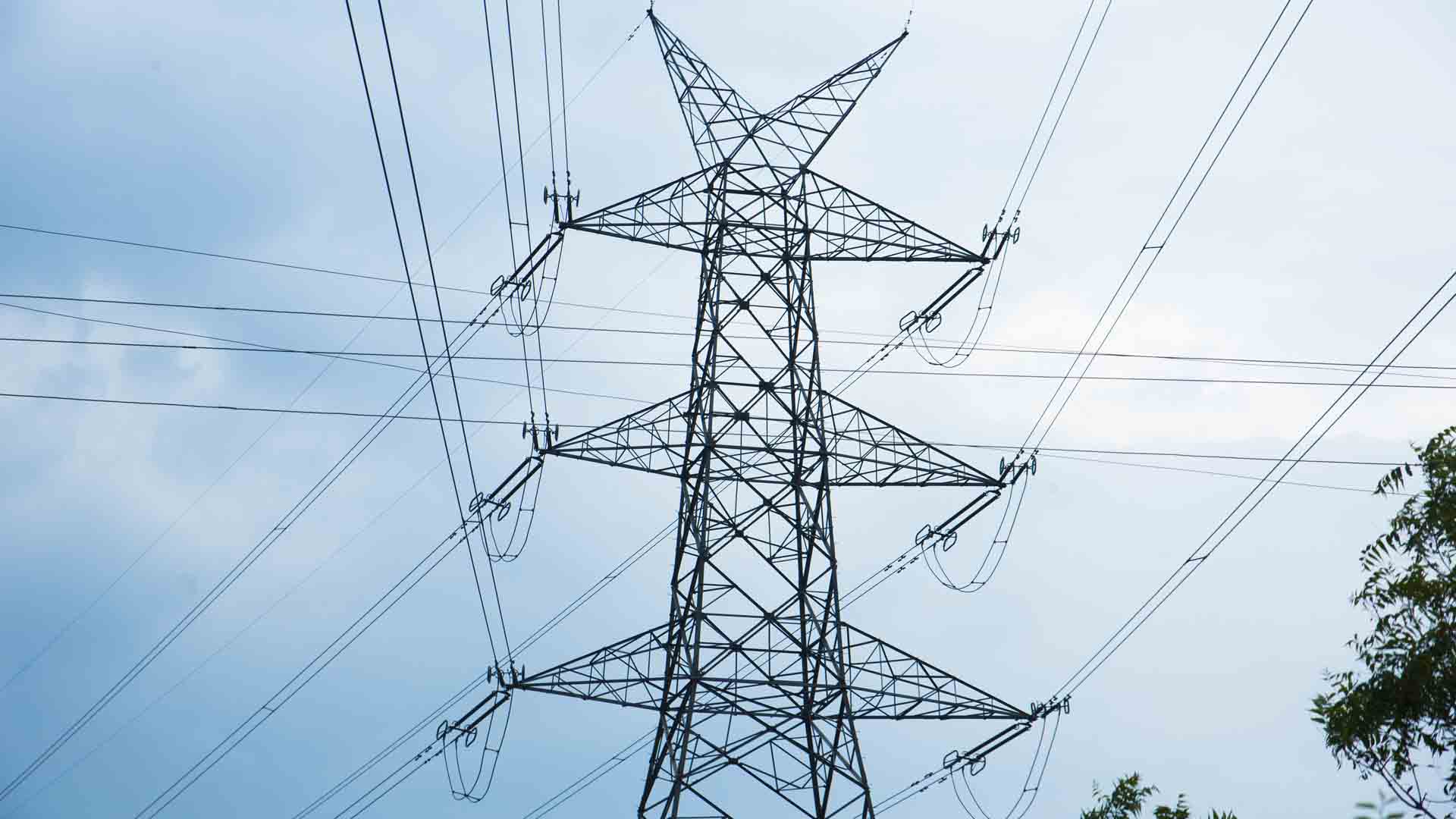Davao del Norte Governor Edwin Jubahib has appealed to the management of Northern Davao Electric Cooperative (Nordeco) Inc., formerly Davao del Norte Electric Cooperative (Daneco), to allow the province to seek other power service providers due to the cooperative’s high cost and poor service.
“We hope Nordeco will respect the decision of the people of Davao del Norte. Our people can no longer pay 2 to 3 pesos more per KWH while having more brownouts and bad service and having no representation in the board. We have given Daneco 40 years to improve, my administration even tried to dialogue with them, but they refused to recognize us,” said Jubahib.
“They can continue serving Davao de Oro and the other LGUs who chose to stay. The people of Davao del Norte have decided, our leaders have decided. We are appealing to Daneco, please let us go,” added the Governor’s statement.
The issue has crossed political lines among local government units in Davao del Norte, with the municipality of Maco in Davao de Oro having asked Congress that they join the franchise area of Davao Light and Power instead, similarly citing the high costs, frequent interruptions and poor service of Nordeco.
The provincial government of Davao del Norte, along with the city councils of Tagum and Island Garden City of Samal, as well as the municipal councils of Kapalong, Talaingod, San Isidro and New Corella have also passed unanimous resolutions supporting their exit from Nordeco, which they say is hampering the economic growth of their areas.
Despite many of the councils belonging to differing political lines, the resolutions were passed unanimously.
Close to 120 barangay councils or 90 percent of the barangays from the affected areas also signified support for the move, which is also backed by unanimous resolutions from local business chambers and tourism organizations.
Davao del Norte First District Representative Pantaleon Alvarez also supports the move of the LGUs citing the electric cooperative’s “lousy service.”
“I am in favor of the cancellation of franchise of the Nordeco because of its lousy service. The power utility, for long years, was standing in the way of Davao del Norte’s development,” Alvarez said earlier.
Jubahib belied claims by Nordeco that there was no due process accorded to the electric cooperative. In 2020, Governor Jubahib along with the mayors of Davao del Norte sent a letter to the Nordeco board requesting that the province be allowed to leave the electric cooperative. Attached to the letter were thousands of signatures of support from residents.
A copy of the petition was sent to the Department of Energy (DOE) and the Energy Regulatory Commission (ERC) as well.
Instead of replying to the petition, Nordeco held a press conference in April 2021 and dubbed the petition and the signature campaign as “fake.”
Davao Light is currently serving Davao City and Davao del Norte localities of Panabo City, Carmen, Sto. Tomas, as well as Dujali.
The local government leaders complained that they are paying close to P3/kwh more than Davao Light, yet they experience more frequent brownouts, poor power quality, bad customer service and lack of power infrastructure, which are making the province unattractive to business and preventing the economic growth of their localities as well as negatively affecting the lives of residents.
Local government units also allocate millions of pesos every year to donate electric poles, transformers and other equipment to Nordeco to energize areas in their localities. Davao del Norte in particular also complained that they used to have only two seats in the seven-man board of directors in Nordeco, despite the province comprising close to 70 percent of the energy demand the electric cooperative receives.
The electric cooperative has not had an election for its board of directors since 2012. All the board of directors have been appointed ever since.
Meanwhile, Davao Light, despite having cheaper power and better service, also pays more than P150 million annually in franchise taxes, local business taxes and real property taxes to its local government units, according to the Governor. Nordeco, being a cooperative, does not pay taxes.
Samal Island in particular, has also been complaining of poor quality of power in the island, affecting the tourism industry.
Instead of upgrading the existing 1.5-kilometer submarine cable connecting the island with mainland Davao, or investing on a long-term connection solution through the ongoing four-kilometer Davao-Samal bridge project, Nordeco announced they are instead building a massive 25-kilometer, P1.5-billion submarine cable connecting the island with far-away Pantukan municipality.
However, the ERC, which approves investments of distribution utilities and electric cooperatives as a means to regulate power rates, formally said they have not approved the multi-billion project.
The ERC also said during a Congressional hearing that they have issued several show cause orders to Nordeco for the cooperative’s failure to submit required reports on their technical and financial performance to the regulating body.








